DOE releases Energy Storage Grand Challenge Roadmap; 44% reduction in manufactured cost for 300-mile EV pack by 2030
Green Car Congress
DECEMBER 22, 2020
The Roadmap outlines a DOE-wide strategy to accelerate innovation across a range of storage technologies based on three concepts: Innovate Here; Make Here; and Deploy Everywhere. kWh levelized cost of storage for long-duration stationary applications, a 90% reduction from 2020 baseline costs by 2030.

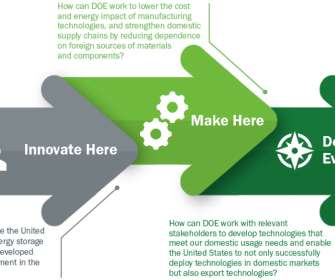







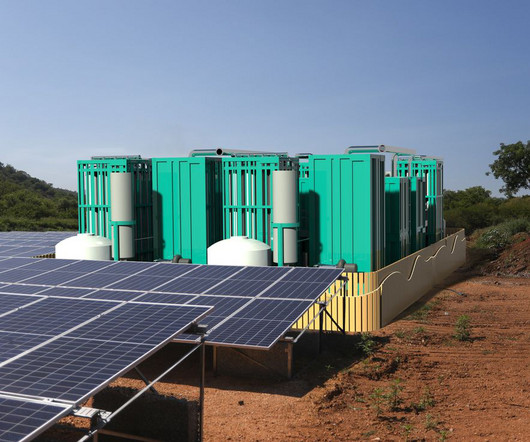

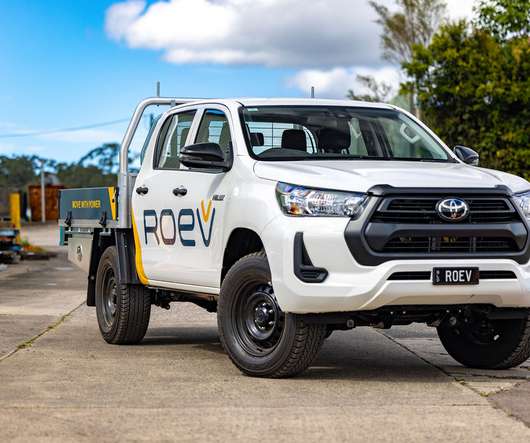


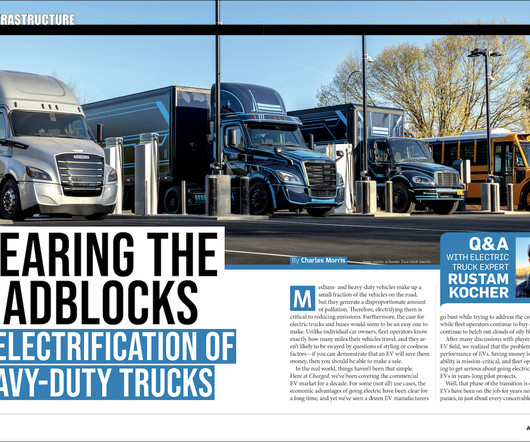
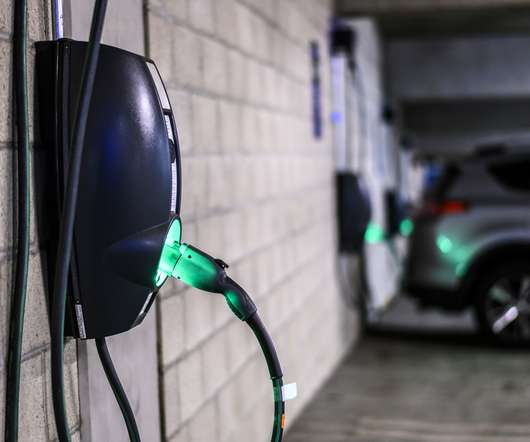






Let's personalize your content